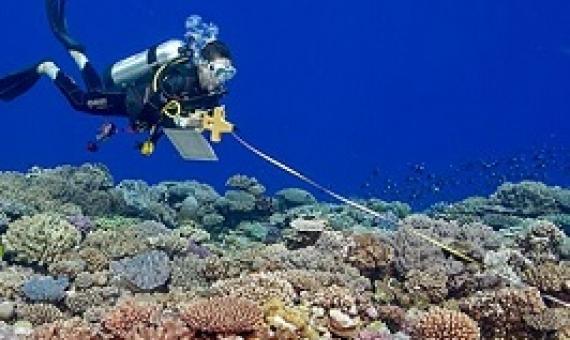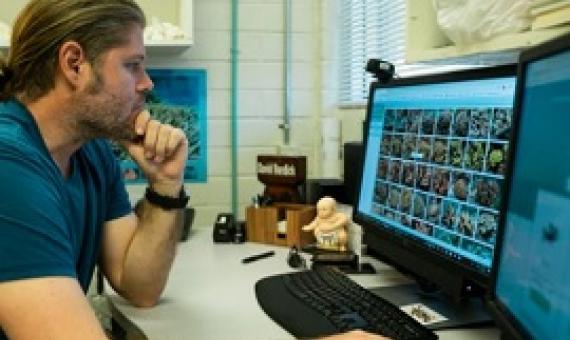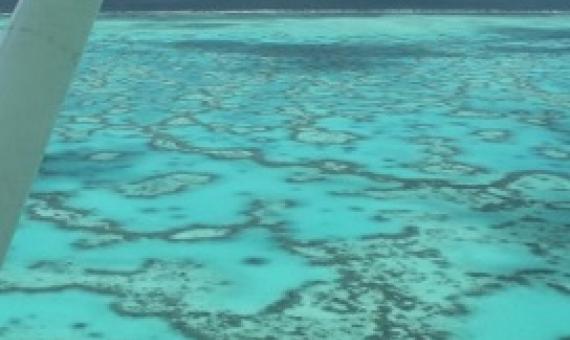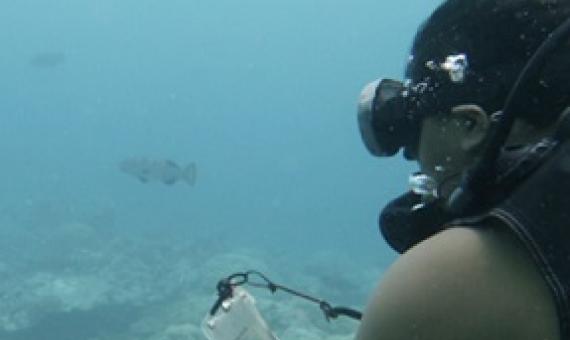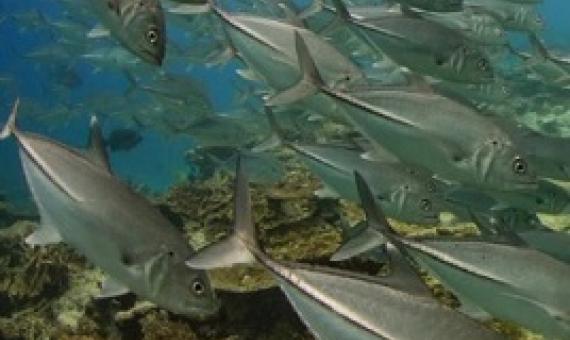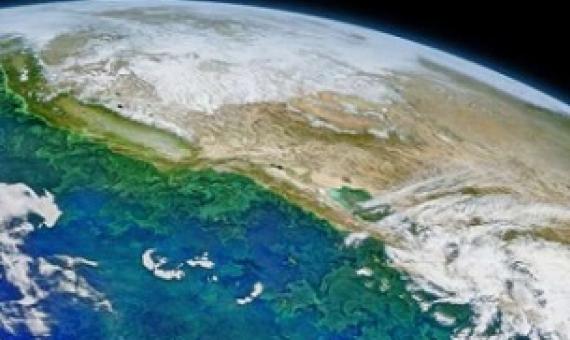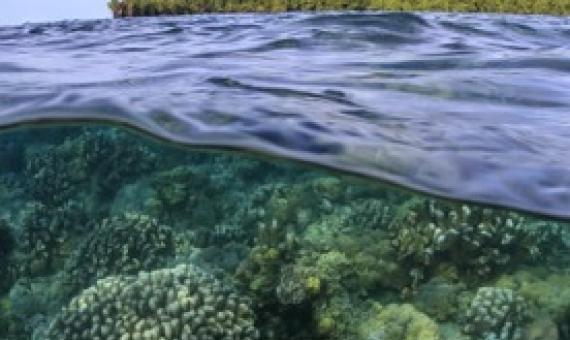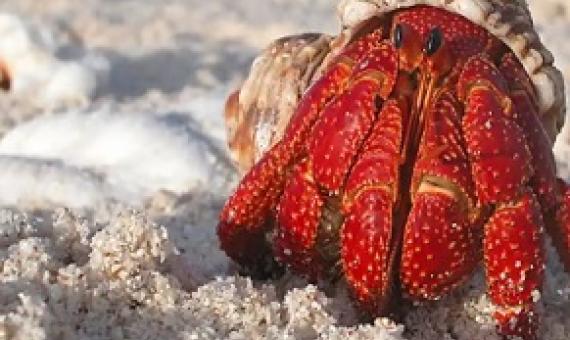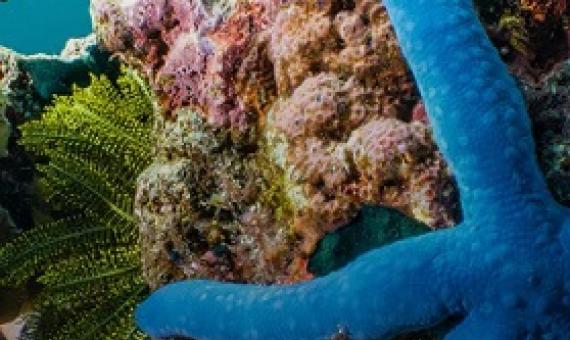The results have been confirmed by the special Management Area Report 2020 that was compiled by the Ministry of Fisheries in partnership with Australia's James Cook University.
The University of Guam has been awarded $20 million to expand its research capabilities on coral reef survival in rapidly changing environmental conditions.
Australian scientists have bred a heat-resistant coral which could help preserve the country's iconic reefs for generations to come by restoring areas devastated by mass bleaching. Coral reefs are in decline worldwide due to increasingly frequent and severe bleaching events.
Last month in April, Palau International Coral Reef Centre (PICRC) researchers completed the filed work for the grouper aggregation study in several sites around Koror and Ngarchelong.
The story of coral reef bleaching ramifications continues to unfold with an international study revealing the long-term impacts on fish populations and associated ecosystems.
CU Boulder researchers have developed a method that could enable scientists to accurately forecast ocean acidity up to five years in advance.
Most of tropical reefs are no longer able to both sustain coral reef ecosystems and the livelihoods of the people who depend on them, as human pressure and the impacts of climate change increase.
When it comes to moving home, hermit crabs are experts, often swapping shells for the optimal abode. But now researchers have found that exposure to microplastics disrupts this key behaviour.
In cities, human lockdowns during the coronavirus pandemic have offered some respite to the natural world, with clear skies and the return of wildlife to waterways.
Grim reports and unsettling headlines paint a bleak future for Earth’s coral reefs, which are projected to be wiped out by the end of the century due to climate change and pollution. But a new study shows that this future can be prevented — and outlines th

